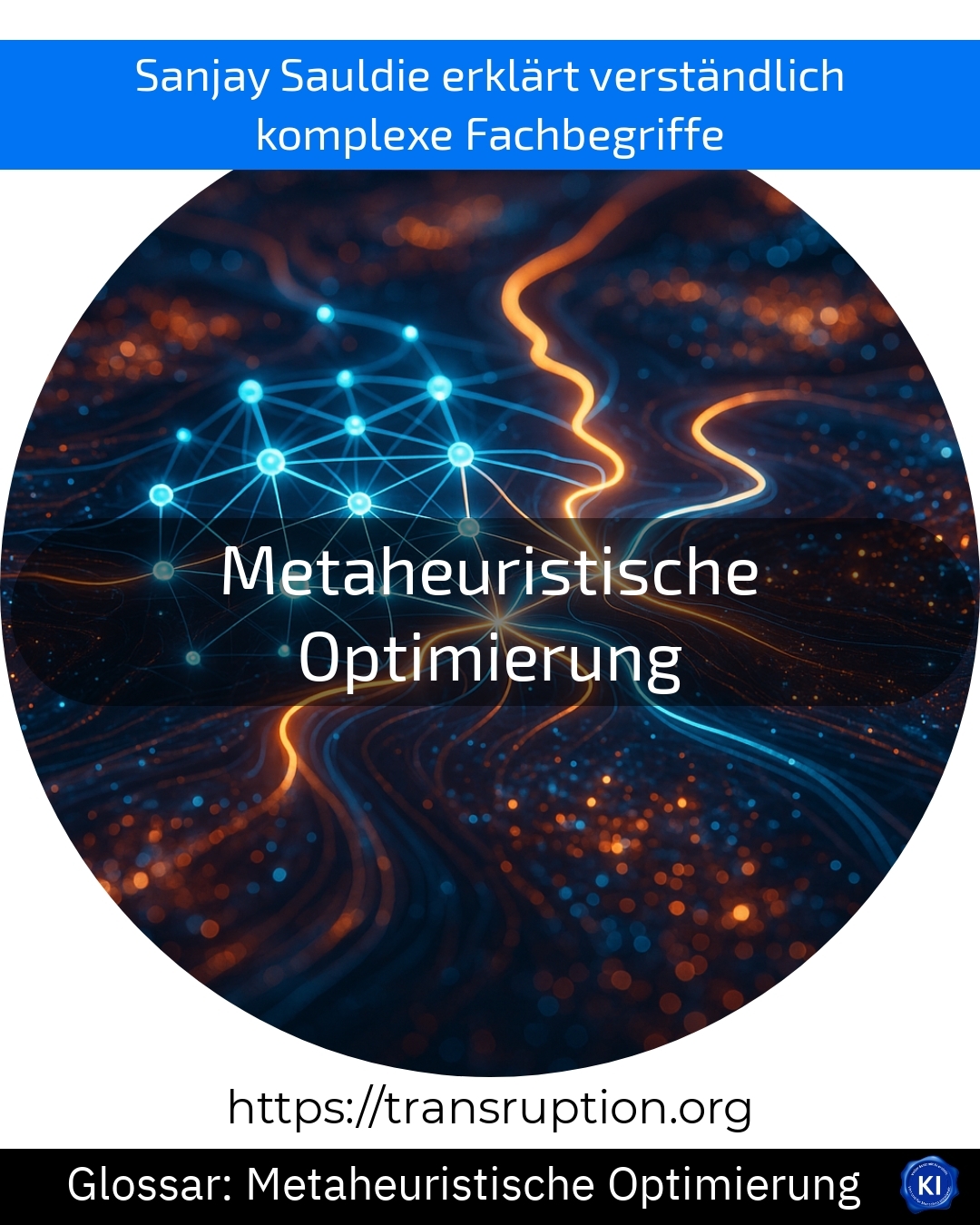The term metaheuristic optimisation is particularly relevant in the fields of artificial intelligence, big data, smart data and automation. It describes a collection of mathematical methods that can be used to solve difficult problems for which there is no quick or perfect solution. The aim is often to find the best possible compromise in complex situations.
Imagine a company wants to plan its delivery routes in such a way as to minimise time and fuel consumption. But there are thousands of possible routes - too many to try out every single one. Metaheuristic optimisation offers clever tricks for filtering out the best solutions without having to test each option individually. Methods such as the "genetic algorithm", for example, mimic natural selection to find better solutions.
These methods help to find answers quickly and efficiently, especially when analysing large amounts of data or controlling machines in real time in Industry 4.0. Metaheuristic optimisation is used to decide which setting, combination or sequence delivers the best results - even where the perfect path is unknown.















